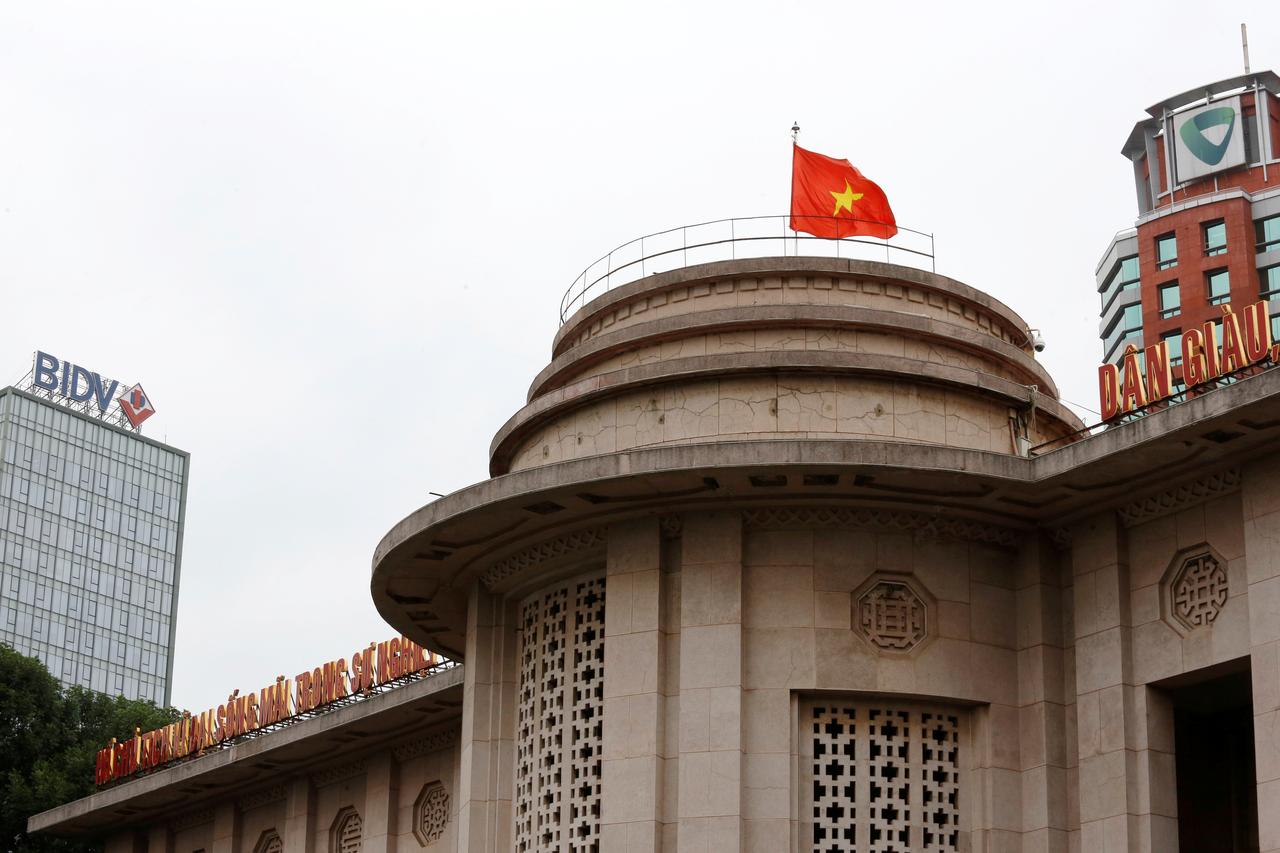Vietnam’s central bank said on Friday it is cutting several interest rates to increase liquidity and support economic growth, which the country hopes will stay near 7% this year.
The annual refinancing rate, rediscount rate, overnight electronic interbank rate, and rate for loans to offset capital shortage in clearance between the central bank and domestic banks, would each be cut by 0.25 percentage points from Sept. 16, the State Bank of Vietnam (SBV) said in a statement.
It said the rate cuts, the first since October 2017, would help increase liquidity for banks to provide credit, stabilise the economy and the foreign exchange market, and boost economic growth.
Vietnam has been one of the fastest growing developing nations.
For 2018, it reported growth of 7.08%, the fastest in 11 years.
It set a target of 6.6-6.8% for this year, and reported expansion of 6.71% in the first quarter and 6.82% for the second.
The government has said that the country should grow by at least 6.9% in the current quarter to ensure that the full-year target is achieved.
Helping lift Vietnam’s growth pace has been foreign investment, which economists say has increased this year, as some investors shift production from China because of the Sino-U.S. trade war.
“Rate cuts will help spur growth and boost exports especially in the background of the U.S.-China trade war now,” Hanoi-based banking analyst Nguyen Tri Hieu said.
“However, this move may cause the country’s inflation to increase.”
In August, Vietnam’s consumer price index increased 2.26% from a year earlier. The government aims to keep inflation below 4% this year.
According to the central bank, the refinancing rate will be reduced to 6.0% from 6.25%, the new rediscount rate will be cut to 4.25% and rate of loans to offset capital shortage in clearance between the central bank and domestic banks will be at 7.0%.

















































